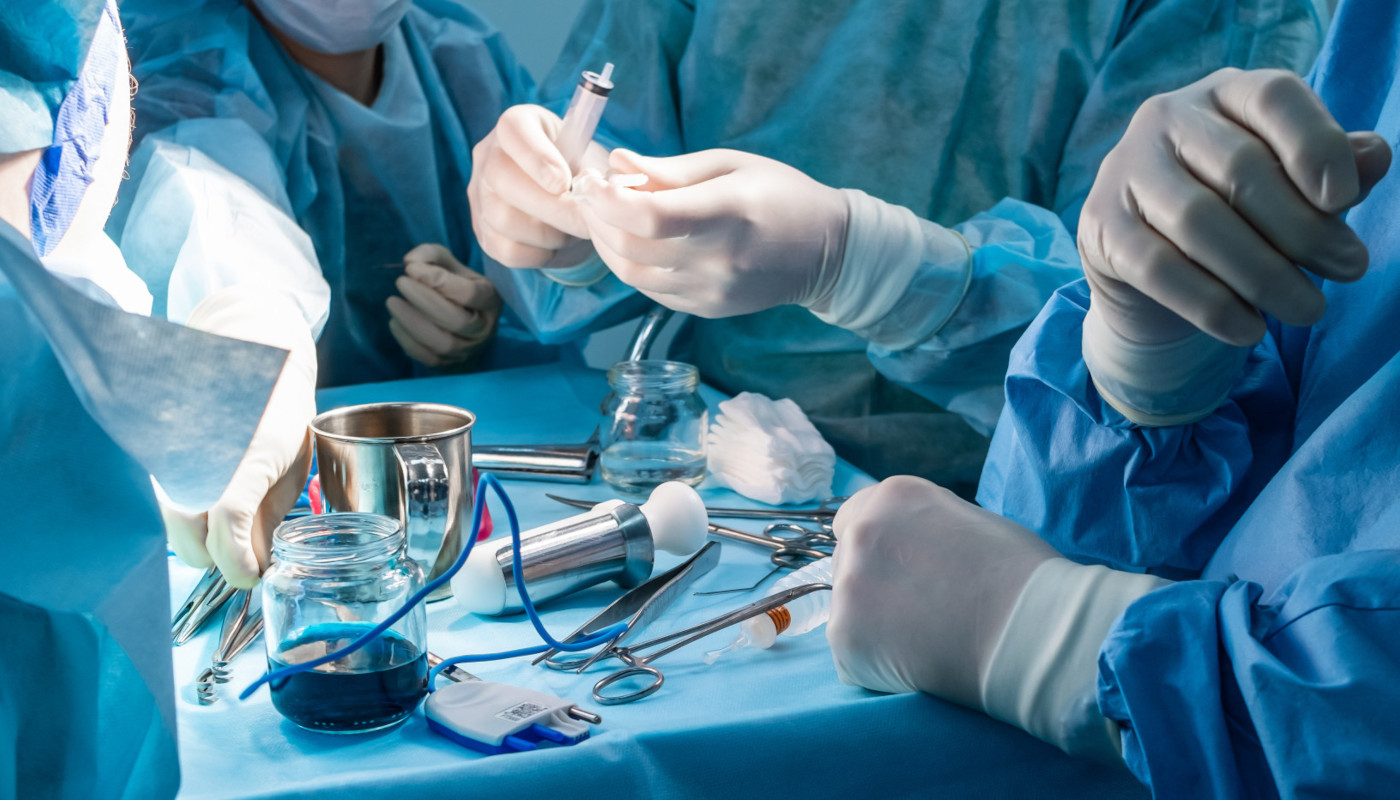
Colorectal Surgery Service
A colorectal surgeon is a general surgeon who has undergone further training in the diagnosis and treatment of the diseases of the colon, rectum, and anus. Over the past few years, colorectal surgery has become a distinct surgical subspeciality in South Africa. This is already well established internationally. Colon and rectal surgeons are experts in the surgical and non-surgical treatment of colon, rectal and anal diseases.
To become a colorectal surgeon, you must first become a general surgeon, which includes at least 5 years of surgical training after medical school. Training as a general surgeon involves learning how to do all sorts of surgeries such gallbladder surgery, hernia surgery, breast surgery, vascular surgery, emergency surgery, etc. To become a colorectal surgeon, you then do an extra 2 year of subspecialty surgical training in colon and rectal surgery to become an expert in the diseases and surgery for the colon, rectum, and anus. During this training you learn and get experience in the treatment of colorectal diseases, especially the difficult and complicated diseases as well as the use of more advanced operations and techniques for the investigation, diagnosis, and treatment of colorectal diseases.
Colorectal Operations
- Haemorrhoid Banding
- Anal Fistulotomy
- Mucosal Advancement Flap
- Right/Left Hemicolectomy
- Anterior Resection
- Total Colectomy
- Rectopexy
- Stoma Reversal
- Haemorrhoidectomy
- Seton Insertion
- Anal Sphincter Repair
- Sigmoid Colectomy
- Abdominoperineal Resection
- Proctocolectomy
- Transanal Minimally Invasive Surgery
Frequently Asked Questions
Explore common procedures, conditions treated, and expertise offered by the experienced Dr Mjoli. Get answers here based on the most frequent questions asked by Dr Mjoli’s patients in the past.
What does a general surgeon do?
A general surgeon undergoes extensive education and training in various surgical procedures to treat diseases, injuries, and enhance health. They assess, conduct, and interpret diagnostic tests to guide surgical interventions, offering comprehensive care from evaluation to postoperative management.
What does a general surgeon treat?
General surgeons conduct surgeries for various common conditions, leveraging specialized expertise in treating digestive, abdominal, endocrine, breast, and soft tissue ailments. They address hernias, gallbladder issues, appendicitis, breast tumors, thyroid disorders, bowel obstructions, colon inflammation, cancer, diverticulitis, and hemorrhoids. Additionally, they excel in cancer surgery, surgical critical care, and trauma treatment.
How do I know if I need surgery?
The need for surgery varies among each individual patient and their unique condition; however, asking yourself the following questions may help identify if it is time for you to schedule an appointment with Dr Mjoli. Have you tried to manage your symptoms through non-surgical methods without success? Are your symptoms progressively getting worse despite your non-surgical efforts? Are your symptoms affecting your everyday life? Dr Mjoli will be here to guide you through many decisions to protect your health and treat your condition. We recommend you schedule an appointment with Dr Mjoli, who will thoroughly assess your condition and determine if surgery is the best option for you.
Do you offer minimally invasive options?
Minimally invasive surgery is surgery performed through small incisions and are closed with very few stitches. In general surgery, this is typically performed with a laparoscope and/or with the assistance of robotic technology. Minimally invasive surgery not only results in less pain, scarring and damage to healthy tissue, but also in shorter recovery times when compared to traditional surgery. Dr Mjoli offers years of experience paired with leading edge technology in minimally invasive techniques, and is a pioneer in his field.
